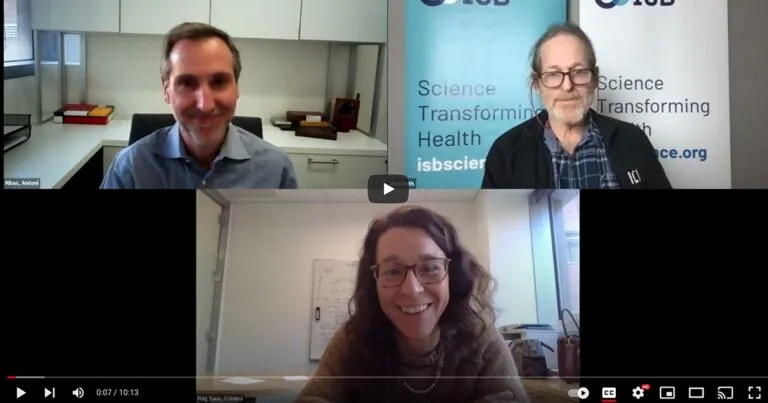
Common Immune Response Protective Across Many Diseases
Infection, autoimmunity and cancer account for 40 percent of deaths worldwide. In a Cell Reports paper, ISB researchers detail how the human immune system works in common ways across diseases – findings that offer promising avenues for exploring multi-disease therapeutic strategies.




